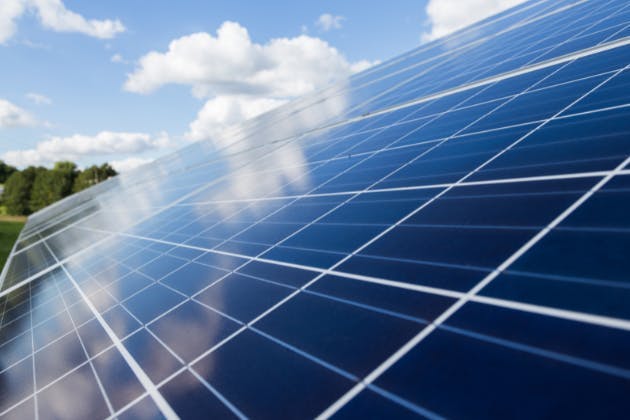The combination of solar panels and heat pumps represents one of the most sustainable heating solutions available for modern homes. In this guide, we explore how these technologies can work together effectively, helping you understand the possibilities and limitations of powering your heat pump with solar energy.
So, can a solar panel power a heat pump?
Most heat pumps require consistent power throughout the day, typically using between 3-5 kilowatts during operation. This power requirement varies with outdoor temperature and operating conditions. During start-up periods and defrost cycles, power demand increases temporarily. Understanding these varying needs helps plan an effective solar system.
Size of Solar Panel
The size of your solar array directly impacts its ability to power your heat pump effectively. A typical domestic heat pump might consume 8-12 kWh of electricity per day during moderate weather. To meet this demand, you'll need a solar system sized approximately 4-5kW, though this varies based on your location and specific circumstances.

Managing Daily Operation
Morning Start-Up
Your heat pump typically requires more power during morning start-up, precisely when solar generation begins ramping up. During winter months, this mismatch means relying on grid power or stored energy from batteries for morning heating.
Daytime Operation
Solar panels perform best during midday hours, ideally matching this period with your heat pump's operation. Smart controls can help maximise solar power usage by running your heat pump when solar generation peaks.
Evening Requirements
As daylight fades and solar production decreases, your heating needs often increase. This period typically requires supplementary power from the grid or battery storage systems.
Seasonal Considerations
Summer Performance
During summer months, solar generation reaches its peak while heating demands decrease. This creates opportunities for:
- Powering your heat pump's hot water production
- Running cooling cycles if your system provides air conditioning
- Storing excess energy for later use
- Exporting surplus power to the grid
Winter Operation
Winter presents greater challenges as heating demands increase while solar generation decreases. Several strategies can help manage this seasonal variation:
- Optimising daytime heating
- Utilising thermal storage effectively
- Implementing smart controls
- Having reliable grid backup
Using solar panels to power a heat pump offers significant environmental and financial benefits when properly implemented. Success depends on careful system sizing, appropriate storage solutions, and intelligent control strategies. While the initial investment may be substantial, the long-term advantages often justify the cost.
Get in touch
If you would like to know more, get in touch with our heating engineers in Norfolk adn Norwich by calling us on 07824 393403 and we'll be happy to help.

